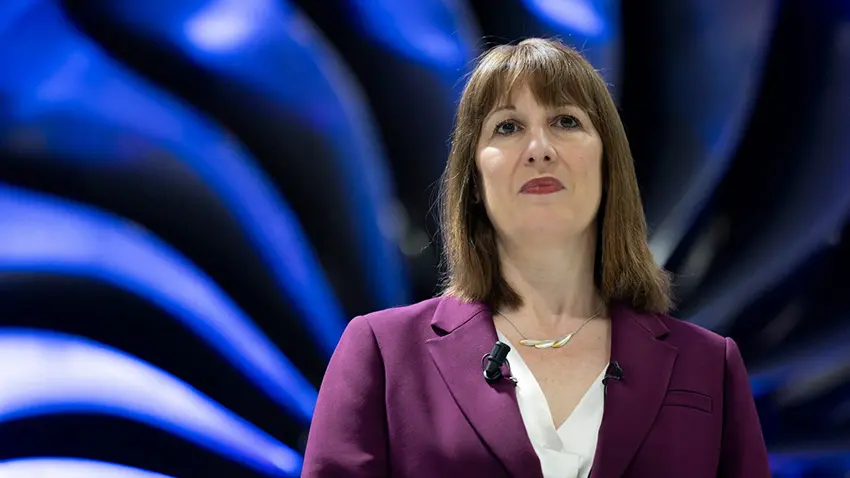Chancellor Rachel Reeves is facing a backlash from business groups and freelancers over reported plans for a £6 billion income tax rise, which they warn would “hammer the self-employed” and discourage entrepreneurship.
The proposals, understood to be under consideration for next month’s Budget, would involve cutting 2p from employee National Insurance contributions (NICs) and adding the same amount to income tax rates. The change would hit pensioners, landlords and self-employed workers, who do not pay employee or employer NICs, but would see their income tax bills rise.
The plan, first floated by the Resolution Foundation, a think tank formerly led by Torsten Bell, now a Treasury minister, is designed to help close the fiscal gap by broadening the tax base. It argues that the self-employed enjoy a relative advantage in the current system because they do not pay employer NICs.
However, the Association of Independent Professionals and the Self Employed (IPSE) said such a move would punish Britain’s freelancers and undermine a sector already hit by rising costs and tighter regulation.
“We’re concerned by reports that government might be considering this. It would be a tax hike on the self-employed, and a tax hike on working people,” said Fred Hicks, senior policy manager at IPSE.
“Self-employment is inherently more risky than regular employment. If government chips away at the incentive to take on that risk, we’ll have fewer people daring to strike out on their own, working as freelancers and filling a pool of flexible talent for employers to tap into.”
Hicks warned that the 350,000 people who became self-employed in the past year could “have the rug pulled from under their plans” if Reeves presses ahead with the reform, adding that many might “abandon self-employment before they really find their feet”.
The proposal has also drawn criticism from economists and opposition MPs, who argue that raising taxes in a fragile labour market could stifle growth.
Stephen Evans, chief executive of the Learning and Work Institute, said: “The concern with any form of tax rise that affects employment at the moment is that it risks being the straw that breaks the camel’s back. You’ve got tough times — the minimum wage rising, employer NICs up, and the employment rights bill going through. There’s a question whether this is economically the right time to do it, even if it’s fiscally attractive.”
The UK’s self-employed population fell sharply from five million before the pandemic to under 4.2 million in 2022, according to the Office for National Statistics (ONS). Although it has since climbed back to 4.4 million, analysts say the sector remains vulnerable to policy shocks.
Andrew Griffith, the shadow business secretary, described the plan as another “stealth tax” on Britain’s freelancers.
“This would be another stealth tax on the self-employed — an endangered species whom many feel HMRC is already hunting to extinction,” he said. “Instead of ideas to raise taxes, why don’t the Resolution Foundation put on their thinking caps to cut wasteful spending?”
A Treasury spokesperson declined to comment directly on the reports, saying only: “We do not comment on speculation around future changes to tax policy outside of fiscal events.”
The proposals, if implemented, could prove politically fraught for Reeves, who has repeatedly pledged that Labour will “protect working people” from higher taxes. Critics argue that any move to increase income tax rates would breach that manifesto promise, while further undermining confidence among Britain’s small business owners.
With unemployment rising and growth faltering, the Chancellor faces a difficult balancing act — closing a £30 billion fiscal gap without damaging the very segment of the workforce that Labour has promised to champion.


